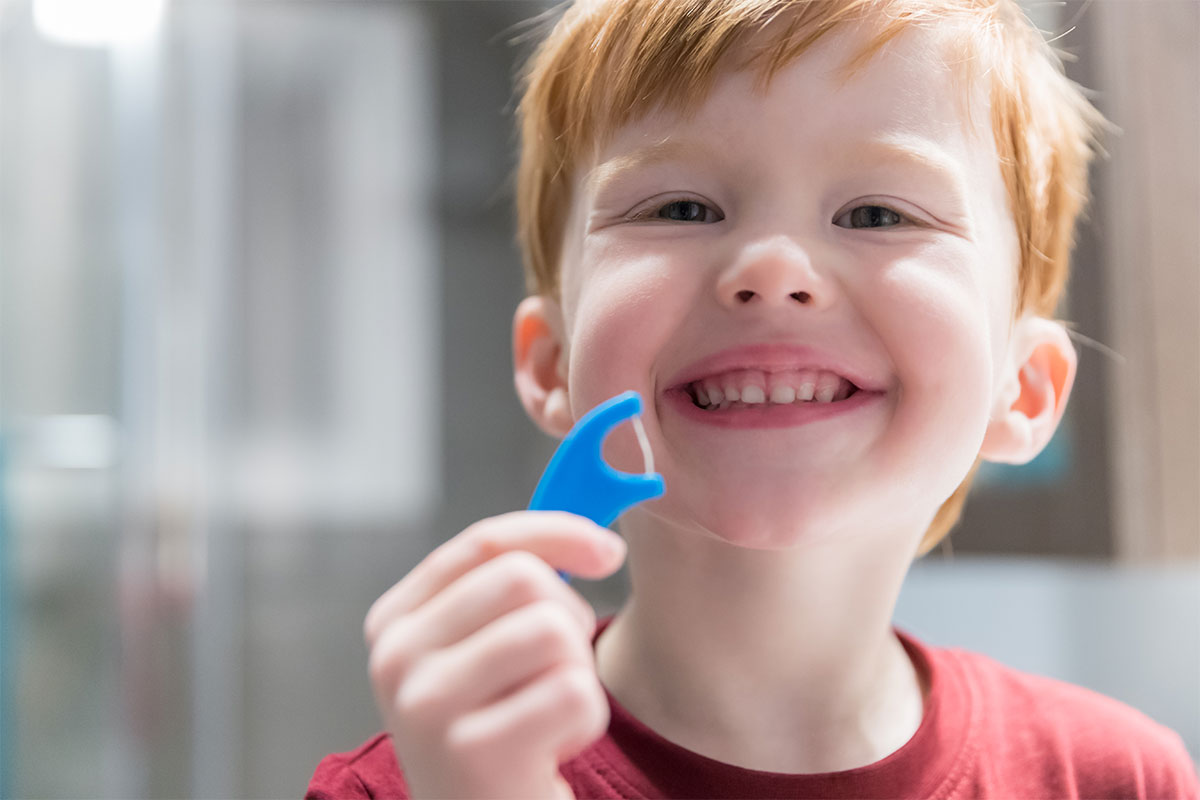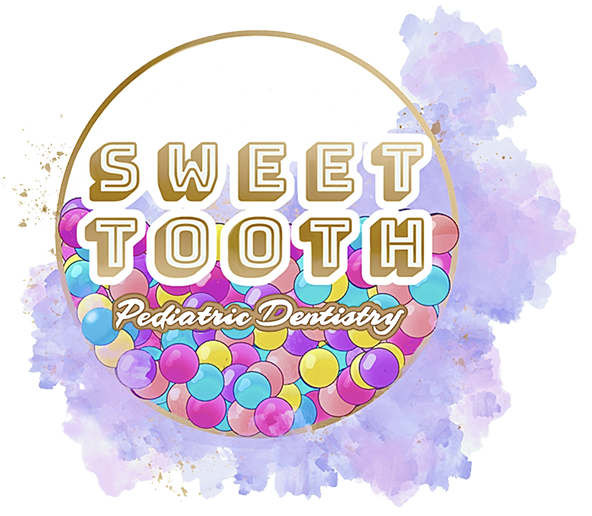Welcome to Sweet Tooth Pediatric Dentistry, where Dr. Chelsea Zamudio and her team provide exceptional dental care for children in Wausau. Pulp therapy is a specialized treatment that aims to preserve and protect the pulp of baby teeth. With a gentle touch and a commitment to quality care, we’re here to help your child maintain a healthy, happy smile for years.
The Life Force Within: Understanding Dental Pulp
At the center of every tooth lies a living tissue called the dental pulp. Composed of nerves, blood vessels, and connective tissues, the pulp is the life force that nourishes and maintains the tooth’s vitality. It provides the tooth with essential nutrients and sensory information, such as hot and cold sensations. When the pulp becomes damaged or infected, it can cause pain, swelling, and even tooth loss. That’s where pulp therapy comes in, a specialized dental treatment that aims to preserve the pulp and prevent further damage.

Signs & Symptoms of Damaged Pulp:
- Toothache or pain, especially when eating or drinking hot or cold foods and beverages
- Sensitivity to temperature changes, including discomfort when breathing in cold air
- Swelling around the affected tooth or gums
- Darkening or discoloration of the tooth
- Persistent bad breath or unpleasant taste in the mouth
- Difficulty biting or chewing
- Cracked or broken tooth
- Gum recession around the affected tooth
Consequences of Untreated Pulp Infection:
- Severe pain and discomfort
- Abscess formation
- Spread of infection to other teeth and tissues
- Swelling and inflammation of the face and neck
- Discoloration or darkening of the affected tooth
- Weakened tooth structure
- Formation of a fistula or pus-filled bump on the gums
- Increased risk of tooth loss
- Development of systemic infections in severe cases
Advantages of Pulp Therapy:
- Saves the affected tooth from extraction
- Preserves the natural tooth structure
- Prevents the spread of infection to other teeth and tissues
- Reduces the risk of tooth decay and further damage
- Restores the tooth’s function and health
- More cost-effective than tooth extraction and replacement
- Provides a long-term solution that can last until the tooth naturally falls out
- Improves the child’s oral health and overall well-being
Pulp Therapy Is For:
- Children with baby teeth that have deep cavities or decay
- Children who have experienced dental trauma or injuries that have affected the dental pulp
- Children who have teeth with cracks, chips, or fractures that have exposed the pulp
- Children who have dental infections that have spread to the pulp
- Children with teeth that have undergone multiple dental procedures or fillings

Healing from Within: What Is Pulp Therapy?
When the dental pulp becomes infected or damaged, it must be treated promptly to prevent further damage and save the tooth. Pulp therapy is a specialized treatment that aims to remove the damaged or infected pulp and restore the tooth’s health and function. There are two main types of pulp therapy: pulpotomy and pulpectomy. The type of pulp therapy recommended will depend on the extent of the damage and the location of the affected tooth.
Types of Pulp Therapy
Pulpotomy
Pulpotomy is performed to treat a baby tooth that has a deep cavity or a pulp injury that hasn’t extended to the entire pulp chamber. The procedure involves removing the damaged or infected portion of the pulp while preserving the healthy part of the pulp. The remaining healthy pulp tissue is then medicated and covered with a dental restoration to protect it from further decay. This treatment can save the baby tooth until it’s ready to be replaced by a permanent tooth.
Pulpectomy
A pulpectomy is a more extensive therapy to treat a tooth with an infection that has spread throughout the pulp chamber. The procedure involves completely removing the infected pulp from the tooth, cleaning and shaping the root canals, and filling them with a biocompatible material. After pulpectomy, the tooth is restored with a filling or a crown to protect it from further damage. Pulpectomy saves the tooth from extraction and prevents the spread of infection to other teeth and tissues.
The Pulp Therapy Session: What to Expect?
During your child’s pulp therapy, the pediatric dentist will take every step necessary to ensure a comfortable and stress-free experience. Here’s what to expect:
- The dentist will numb the affected tooth and surrounding area with a local anesthetic to ensure your child feels no pain or discomfort during the procedure.
- The damaged or infected pulp will be removed, and the tooth will be cleaned and shaped to prepare it for restoration.
- Depending on the type of pulp therapy performed, the tooth will be filled with a biocompatible material or covered with a crown or filling.
- The dentist will provide you with aftercare instructions to help your child recover from the procedure and maintain good oral hygiene.

What Happens After Pulp Therapy?
After your child’s pulp therapy, it’s normal to experience mild side effects, such as soreness, swelling, and sensitivity around the treated tooth. However, these should subside within a few days. Here’s what to expect after pulp therapy:
- Your child may need to take over-the-counter pain relievers as prescribed by the dentist to manage any discomfort.
- Your child should avoid eating or drinking anything until the numbness wears off to prevent injury to the treated tooth.
- The dentist may recommend a soft food diet for a few days after the procedure.
- Good oral hygiene is crucial during the recovery period. Encourage your child to brush and floss gently and avoid the treated tooth area.
- Follow-up appointments will be necessary to monitor the tooth’s healing progress and ensure its long-term success.
Why Choose Sweet Tooth?
At Sweet Tooth Pediatric Dentistry, we understand the importance of exceptional dental care for your child. Our experienced team is dedicated to creating a positive and stress-free experience for children and parents. With a focus on prevention, we aim to help your child maintain good oral health and develop lifelong habits that promote overall wellness. Schedule a consultation to see why Sweet Tooth is the right choice for your child’s dental needs.